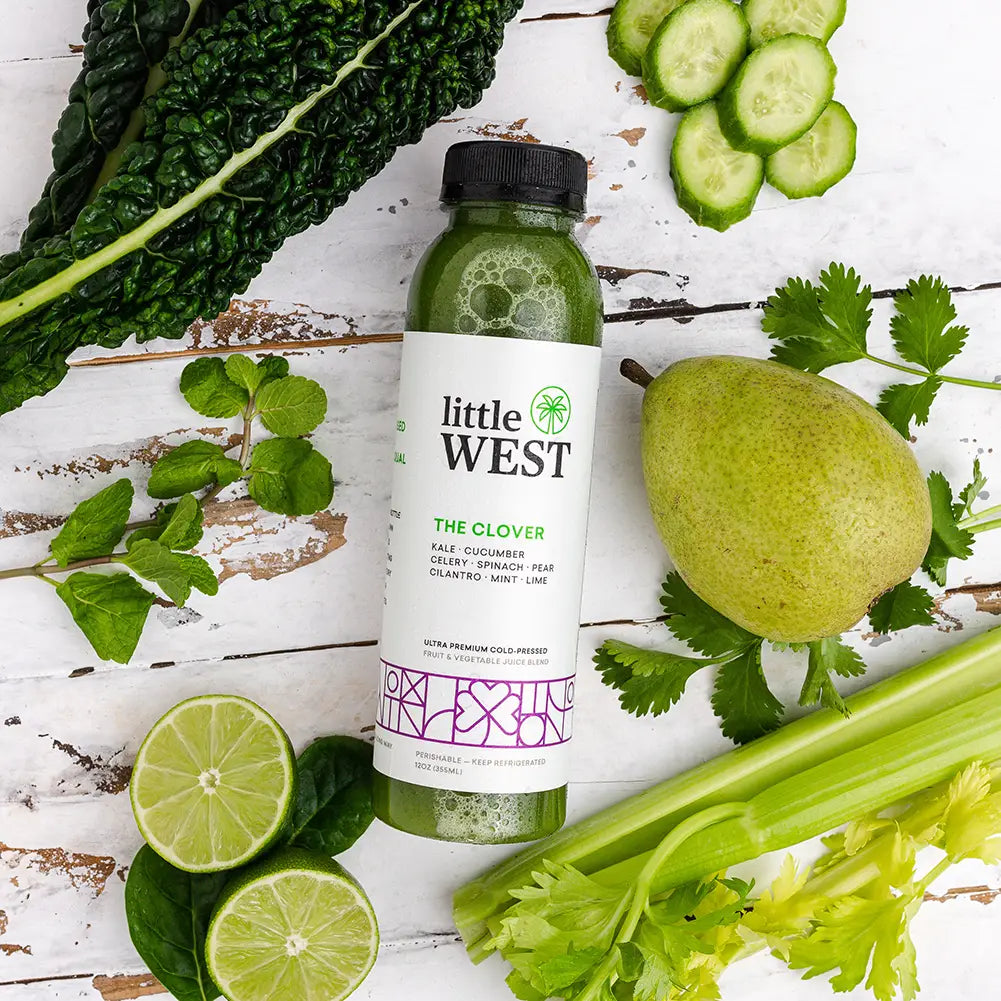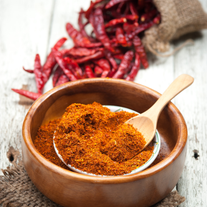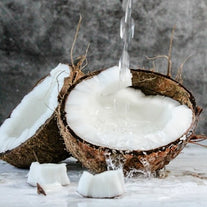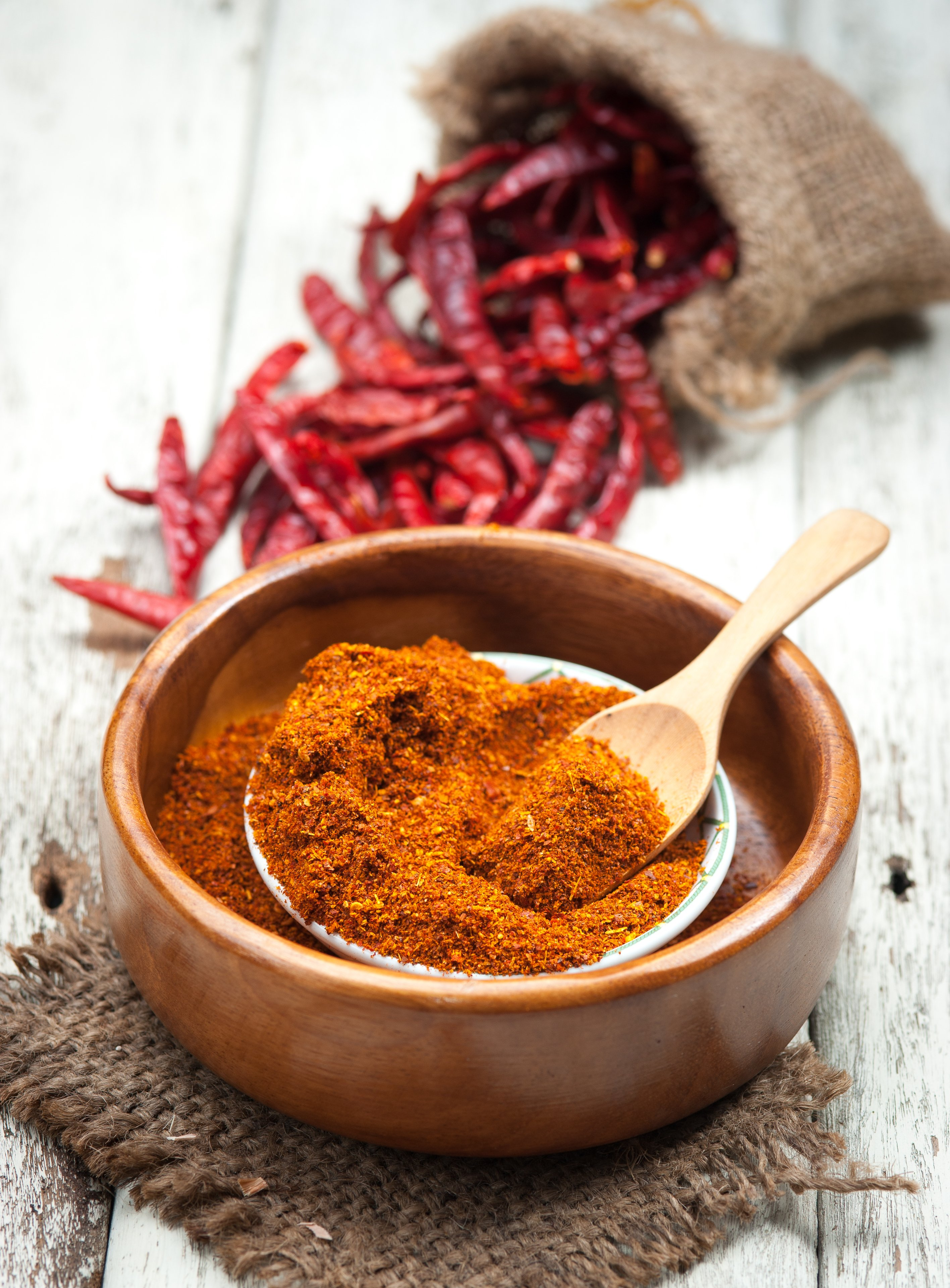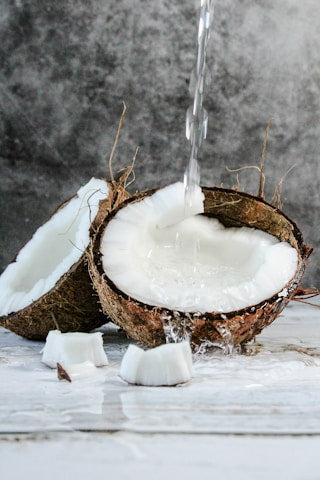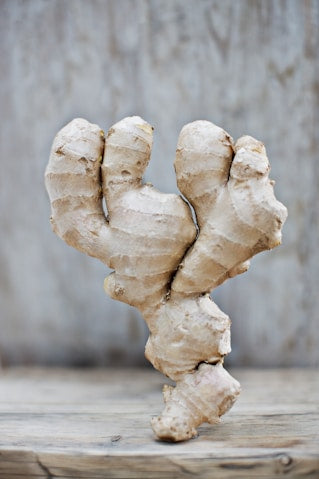Health Benefits of Cilantro
For Antioxidant and Anti-Inflammatory Benefits
Rich in flavonoids like quercetin and kaempferol, cilantro neutralizes free radicals and inhibits inflammatory pathways. In vitro studies report reductions in markers such as C-reactive protein, suggesting cilantro may help modulate chronic inflammation linked to aging and disease.
Bone and Immune Support
So tiny, but mighty, one surprising cilantro benefit is its bone and immune support. A single quarter-cup of raw cilantro delivers about 16% of the daily value of vitamin K, essential for bone mineralization and blood clotting. The herb’s vitamin C content supports collagen production and fortifies immune cell function, aiding overall defenses.
Blood Sugar Regulation
Laboratory research indicates cilantro (or coriander) seeds stimulate insulin secretion and inhibit enzymes that raise blood sugar. In certain trials, cilantro supplementation lowered glucose levels comparably to the drug glibenclamide, hinting at dietary support for blood sugar control.
Anxiety and Stress Reduction
Walk with us here. There have been studies done that suggest cilantro extract showed properties that are similar to the prescription drug diazepam. If you didn’t know, diazepam is said to help in reducing stress-related behaviors without significant side effects. This suggests potential for gentle, food-based mood support
Brain Health and Cognitive Support
In a similar fashion, studies also demonstrate that cilantro extract can protect neurons, reduce seizure frequency, and improve memory in rodents. These neuroprotective effects are attributed to antioxidant compounds that shield brain cells from oxidative damage.
Antimicrobial and Food Safety
Cilantro contains the compound dodecenal, which exhibits potent antimicrobial activity against foodborne pathogens such as Salmonella, Escherichia coli, and Listeria. Adding fresh leaves to dishes may help reduce microbial contamination and support gut health.
Why Cilantro Makes the Perfect Juice Ingredient?
Cilantro’s high moisture content makes it ideal for cold pressed juices. Its bright, citrusy flavor lifts heavier bases like beet, cucumber, and green apple, allowing you to use less added fruit sugar. Plus, unlike other more common juice ingredients, cilantro practically vanishes in your juices, leaving only a touch of flavor and a hint of color.
The lean, green, hydrating machine known as The Clover has cilantro blended with ingredients like celery, cucumber, kale, lime, pear, spinach, and mint. This just proves that the right amount of cilantro can take juices to a whole new level!
How to Incorporate Cilantro into Your Diet?
Try these quick ideas:
- Ever had Pho? Well, it’s great! Add whole cilantro sprigs to this Viet dish.
- Make salsa by chopping cilantro with tomato, onion, jalapeño, lime juice, and salt.
- You can make a yogurt sauce by mixing cilantro with plain yogurt, garlic, lemon zest, and olive oil.
- Cilantro, outside of the usual Mexican, Thai, Indian, and Southeast Asian dishes, is widely used as a garnish. So, garnish away!
As always, we’d recommend adding cilantro to juices. When added to cold pressed juices, cilantro brightens flavors and supports gentle detoxification, making it a go-to green addition for both taste and wellness. We know some folks don’t prefer the taste of cilantro. We get that. Little West doesn’t just cram cilantro in a bottle and call it a day. We take the time to balance it with other fruits and vegetables to give it maximum flavor and benefits.
Is Cilantro for Everyone? The Yes’s and No’s
Yes, if…
- You need help managing blood sugar and seeking dietary support.
- You want natural antimicrobial and antioxidant benefits.
- You are looking for a mood lift naturally.
No if…
- You hate the taste of cilantro and have an aversion to it.
- You are prone to low blood sugar (due to cilantro’s glycemic effects)
Reference
Further Readings


